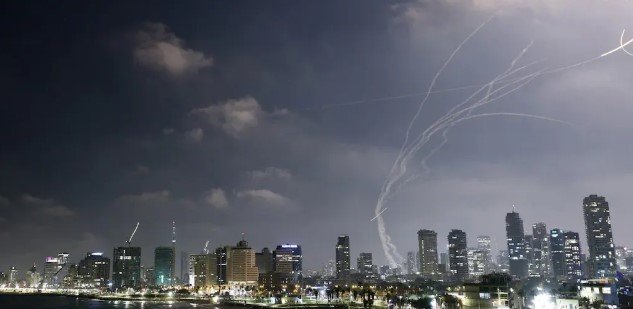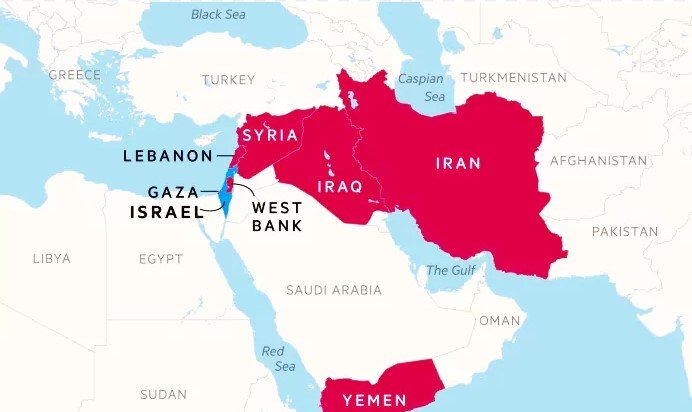India imports over 80% of its crude oil, with major suppliers like Iraq, Saudi Arabia, UAE, and Kuwait located in the conflict-prone West Asian region. Iran, though a smaller contributor due to sanctions, accounts for about 4% of global oil production. Escalation between Iran and Israel threatens the Strait of Hormuz, a critical chokepoint for two-thirds of India’s oil and half its LNG imports. Any disruption could spike oil prices, with Brent crude already nearing $75 per barrel in 2024. A $10 per barrel increase could inflate India’s oil import bill from $96.1 billion (2023-24) to $101-104 billion this fiscal year, straining foreign exchange reserves despite their record highs. This could disrupt fuel supply chains, raise domestic petrol and diesel prices (potentially exceeding ₹120 per liter), and burden consumers and industries reliant on energy, such as transportation and manufacturing.

Economic Impacts: Rising oil prices fuel inflation, with a 0.5% consumer price increase projected per $10 oil price hike, potentially delaying RBI interest rate cuts and slowing economic growth. The conflict also disrupts key trade routes like the Red Sea and Suez Canal, vital for India’s $400 billion trade with Europe, the US, and Africa. Houthi attacks, linked to Iran-backed groups, have forced rerouting via the Cape of Good Hope, raising shipping costs by 15-20%. This squeezes profit margins for Indian exporters, particularly in textiles, garments, and engineering goods, and threatens tea exports to Iran (4.91 million kg in early 2024). Stock markets reflect this unease, with the Sensex dropping 1,700 points in October 2024, hitting sectors like oil marketing, paints, and tyres hardest. Foreign portfolio investors may shift to safer assets, reducing equity inflows.
Other Aspects: The conflict jeopardizes India’s 9 million-strong diaspora in the Gulf, 18,000 in Israel, and 5,000-10,000 in Iran, raising safety concerns and potential evacuation costs. Strategic projects like the Chabahar Port and India-Middle East-Europe Economic Corridor face delays, undermining India’s trade ambitions. However, India’s neutral ties with Gulf nations have boosted exports by 17.8% in 2024, offering some resilience. India’s diplomatic balancing act- maintaining relations with both Iran and Israel – aims to mitigate risks, but prolonged conflict could strain this stance, impacting long-term economic stability.

